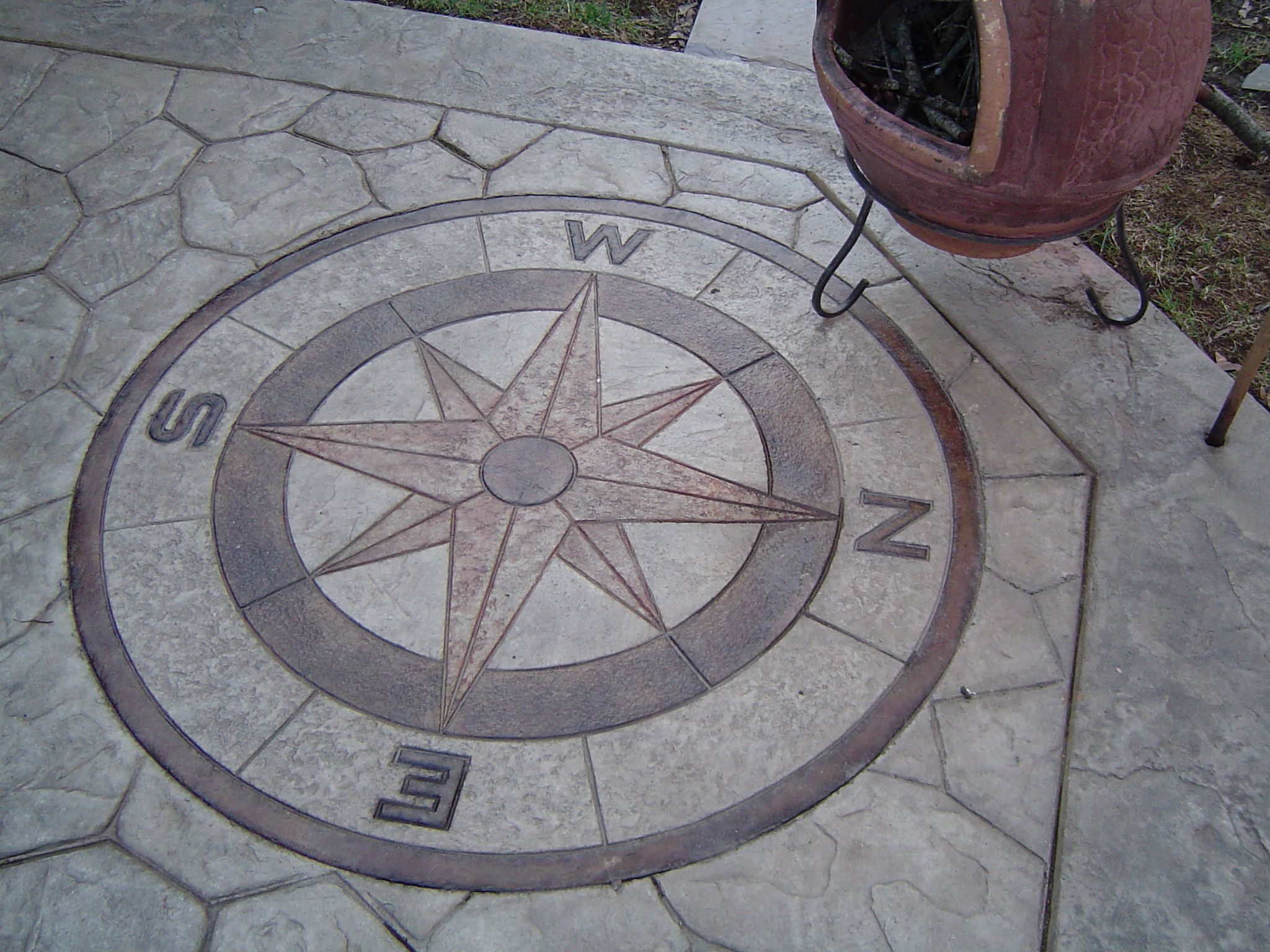
Boilermakers work in tight spaces and face many physical challenges. Boilermakers have to be able work safely in tanks up several stories. They must also have the ability to lift heavy equipment, and be able walk for hours. Troubleshooting skills are essential for boilermakers. Boilermakers need to have the ability troubleshoot, be able and able to weigh solutions and determine the best one. They must also comprehend written documentation.
Qualifications for a boilermaker
You might consider becoming a Boilermaker if you are interested building and maintaining boilers. Boilers are essential equipment in many industries. To provide heat and power, boilermakers use hot fluids under pressure. They can also fix broken parts and install new equipment. An entry-level boilermaker can move up to a more senior job, but there are some qualifications required.

Boilermakers must have a good understanding of how to use tools and machinery as well analyze the operation large machines. They should also be able identify possible faults in boilers and spot gas leaks. They must also have the right tools to complete these tasks as boilermakers often work outdoors or in high places. Boilermakers must have good technical knowledge, including a strong understanding of blueprints. These blueprints detail the location and condition of a particular boiler system. To shape parts, boilermakers need to be able to use heavy metalworking machines and drill presses.
Physical demands
A boilermaker's job involves building large containers for processing and storing gases and liquids. Boilers are used in many industries, from power plants to chemical factories. They also do structural work and plate work on pressure vessel. Boilermakers must work outdoors at great heights. Boilers need to adhere to all local codes. A boilermaker's job requires long hours, repetitive movements, and heavy lifting.
To perform his job as a boilermaker, he must be physically fit. His job involves bending, twisting and bending as well as lifting heavy objects. To be able to work in tight spaces or lift heavy equipment, he needs good dexterity. He must be able to stand for long periods of time, lift heavy materials, and be comfortable on his feet. Boilermakers must be proficient in troubleshooting, interpreting and translating written documentation.
Salary
A boilermaker is an individual who uses iron, copper, and steel to create large containers for hot liquids or gas. Boilermakers maintain and repair boiler systems. The salary for boilermakers is dependent on the location. Most boilermakers work in a commercial or factory setting. A bachelor's degree in engineering is usually required. Boilermakers have a high salary. It can be high, but it also depends on experience.

A boilermaker earns an average salary of $62,060 annually. However, salary can vary widely by location, as the demand for boilermakers is always growing in the trade. Boilermakers in the top-paying industries earn around $72,000 a year. They may earn slightly more depending on their work experience and where they live. Employers favor people with more education so ensure that you have a strong educational foundation.
FAQ
What is a Standard Contract Form and how do you use it?
A template for creating contracts is the standard contract form. These templates typically include all the elements required for creating a contract such as the date and time, the place, and the parties.
Standard contract forms can be modified to suit individual clients. Some companies even offer standard contract forms.
These forms might not be appropriate for all situations. These forms can save you time and effort.
This standard contract form might be worth your consideration.
Who signs a Service Agreement
The service agreement between your customer and you defines the way you will provide them services. It defines the customer's responsibilities. It also describes what you will do for them. And when they have pay you.
Additionally, the service agreement confirms whether additional fees will apply to extra services.
Service agreements should contain all terms and conditions applicable to the contract. This includes payment terms, delivery times, warranties, and the like.
You will be able to include everything in your agreement if you use the template.
Do I have any other options?
Yes!
There are many methods you can prepare for negotiation.
One way is to write out the terms and conditions of the agreement
When do I need to pay the service/contractor for it?
The type of service provided will determine the payment schedule. For example, if you hire a contractor to install a new roof, you would typically make payments as soon as the work was completed. You might pay only after you receive and test the product if it is a product purchased from a supplier like a kitchen range cooker.
What is a Service Agreement?
A service agreement template is a document that contains all the details of a particular service agreement. To create a standard agreement, a service agreement template can be used.
Service agreements are important as they establish the relationship between two people.
They help both parties understand each other's needs and expectations. They also ensure that both parties know exactly what they are getting into before signing off on the deal.
Where can I find out more about building permits
You can contact your local government authority, such as the NSW Local Government Association, or your local realty agent. They should be able tell you the best way to go about obtaining permission.
What happens if one side doesn't agree to the deal?
If you fail to complete your part of the bargain, the law allows the other party to treat your promise as broken and sue you for damages. Damages include the amount owed plus interest, court costs, and legal fees.
Statistics
- Reasonable late fees go up to 25% per year on unpaid sums. (lawdepot.com)
- (1) Except as provided in paragraphs (a)(4) and (a)(8) of this section, if the estimated amount of the contract or subcontract is $10 million or more, the contracting officer shall request clearance from the appropriate OFCCP regional office before- (acquisition.gov)
- (3) The contracting officer may provide for a contract price adjustment based solely on a percentage rate determined by the contracting officer using a published economic indicator incorporated into the solicitation and resulting contract. (acquisition.gov)
- Don't take their anger personally, they are mad about the situation 99% of the time. (activatemylicense.com)
- Depending on the client's trustworthiness and financial stability, a deposit is usually 10 to 50% of the total contract amount. (lawdepot.com)
External Links
How To
What's the difference between a service contract and a service agreement?
A service contract is an agreement between a provider and a customer to provide services. The agreement creates an obligation for both parties. The term "service" can be used to refer to the products, information, advice, or other services offered by a company.
Contracts are legally binding documents that outline the terms and conditions of business relationships. If you purchase a product from a retailer you have entered into a contract. This means that you are legally bound to pay the item later. You have signed a contract with the employer if you accept employment.
An informal service agreement doesn't require formal documentation. In practice, a written service agreement is seldom used. Verbal agreements are more common.
A service agreement offers many advantages over a contract.
-
A service contract is more flexible that a contract.
-
It allows a service supplier to change its mind and not be penalized.
-
It gives the service greater flexibility in deciding how to deliver the agreed-upon service.
-
It is a record of the promises made.
-
It is much easier to make a complaint against a service provider.
-
It is less expensive to prepare a service arrangement than a contract.
-
It is less likely that it will lead to litigation.
-
It is simpler to terminate a service arrangement than a contractual contract.
-
It is more simple to amend a service agreement than a standard contract.
-
It is possible to use a service agreement for an ongoing relationship.
-
It is possible for a third party to split the cost of writing a service agreement.
-
It is possible to include a clause requiring arbitration in a service agreement.
-
It is possible to add provisions regarding confidentiality, non-disclosure, proprietary rights, etc.
-
It is possible to specify the duration of the contract (e.g., one year).
-
It is possible for the service agreement to be subject to a certain condition precedent.
-
It is possible to declare that the service provider will only be liable for negligence, gross negligence or fraud.
-
It is possible to limit the liability for consequential damages.
-
It is possible to permit the service provider or customer to enter into another agreement.
-
You can give notice of termination in certain circumstances.
-
It is possible to require the service provider to provide a warranty.